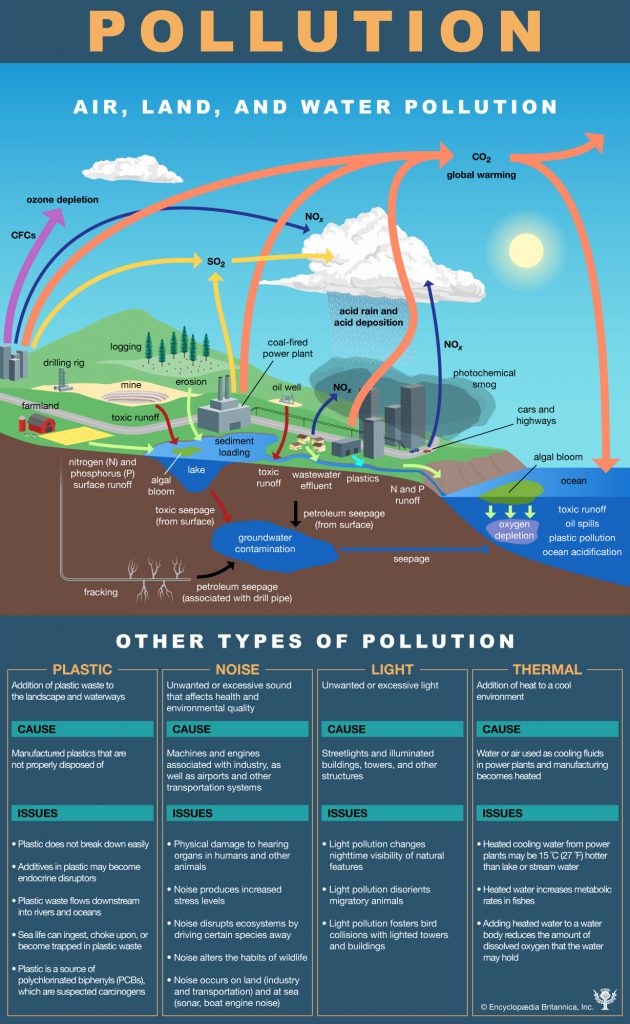“The money is there – world leaders must have the courage to call on it.” [Gordon Brown]
.
Earlier in the year, the government put together an Environmental principles policy statement where it pointed out that “the UK government has already committed to these 5 principles through international instruments and processes”, including the “polluter pays principle”:
The polluter pays principle means that, where possible, the costs of pollution[footnote 9] should be borne by those causing it, rather than the person who suffers the effects of the resulting environmental damage, or the wider community.
This throws up all sorts of questions, from to carbon tax or not to carbon tax? to whether or not SWW is the ‘joint worst performing water company’ and should have to pay for the pollution it is responsible for.
The UK government showed it was serious in the summer when the Environment Secretary declared that ‘Polluters must pay’, as unlimited penalties were unveiled, and yet it looks as though this might be watered down when it was shown earlier this month why the ‘polluter pays’ principle is under threat from housebuilding and farming lobbies.
Meanwhile, in today’s Guardian, former Prime Minister Gordon Brown asks how we raise trillions of dollars to fight the climate crisis:
After a summer of ever-more deadly floods, droughts and firestorms, two autumn summits – the G20 and the UN general assembly – have come and gone. Both failed to deliver the long-promised global plan to finance climate mitigation and adaptation. But as political leaders issue toothless and easily forgettable communiques, a potential breakthrough is staring the world in the face. It could finally end the cycle of broken promises to the global south and rescue the next summit, Cop28 in November and December.
Last year, the oil and gas industry across the world banked about $4tn, according to the head of the International Energy Agency. This represents one of the biggest redistributions of wealth from the world’s poor to the richest petrostates. The record energy prices that have produced these unearned gains have not only caused dramatically rising poverty and debt in the global south, but have also stymied decades of progress in extending power into homes, villages and towns that were previously without electricity…
The windfall has given energy exporters, including the Gulf states and Norway, nearly $1tn of earnings from their foreign sales alone, and the failure to recycle a fraction of these gains to the world’s poorest countries is one of the great scandals of our times.
It is this lottery-style bonanza, amassed by petrostates, that is the backdrop to the Cop28 climate summit in the United Arab Emirates. The summit will be chaired by Sultan Al Jaber, the head of the Abu Dhabi National Oil Company, which is one of the biggest beneficiaries of the windfall. He has called on the wealthiest countries to “show me the money” to meet “long overdue” financing pledges. But with the conference on a pathway to failure due to a lack of finance, it is Al Jaber’s country that now has the responsibility and opportunity to be the first mover in delivering to the global south…
…
